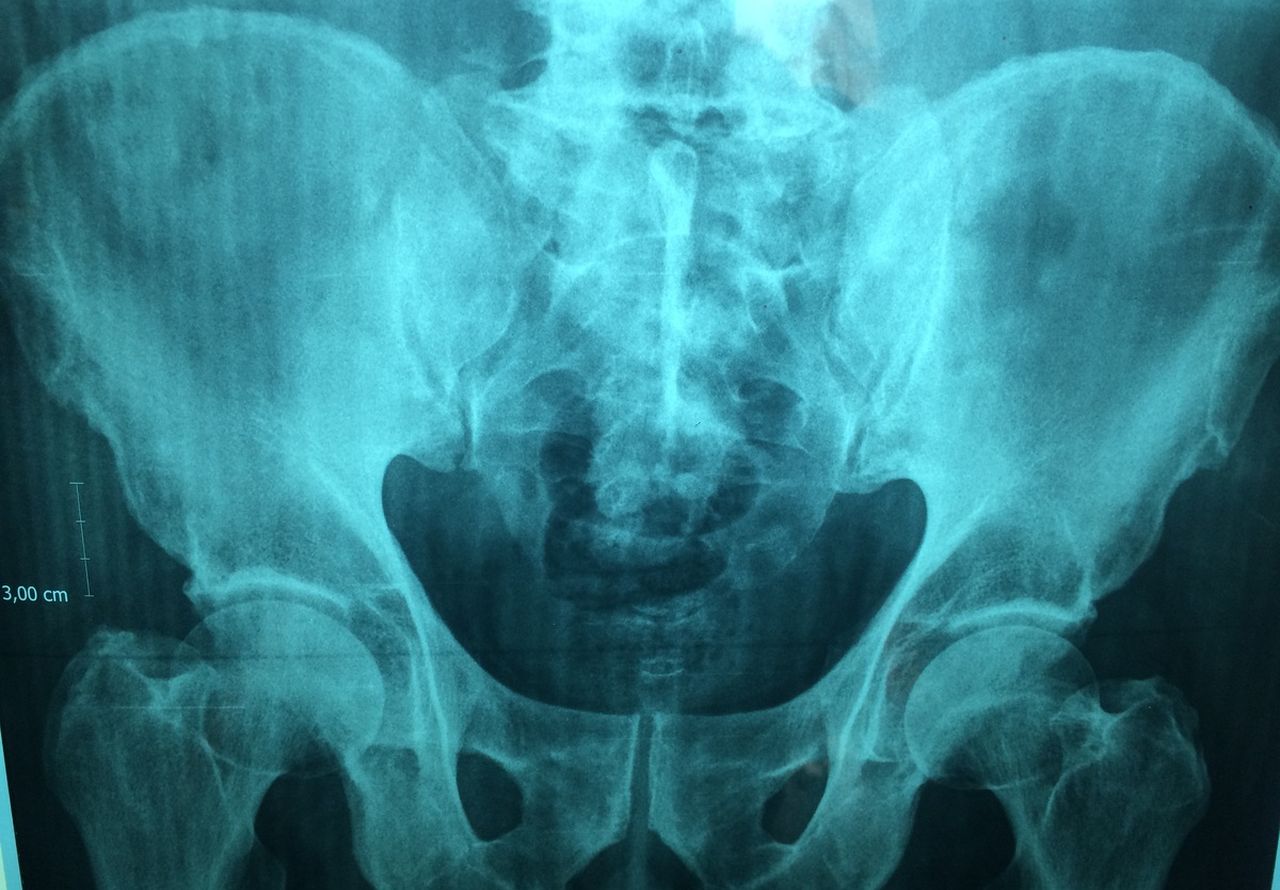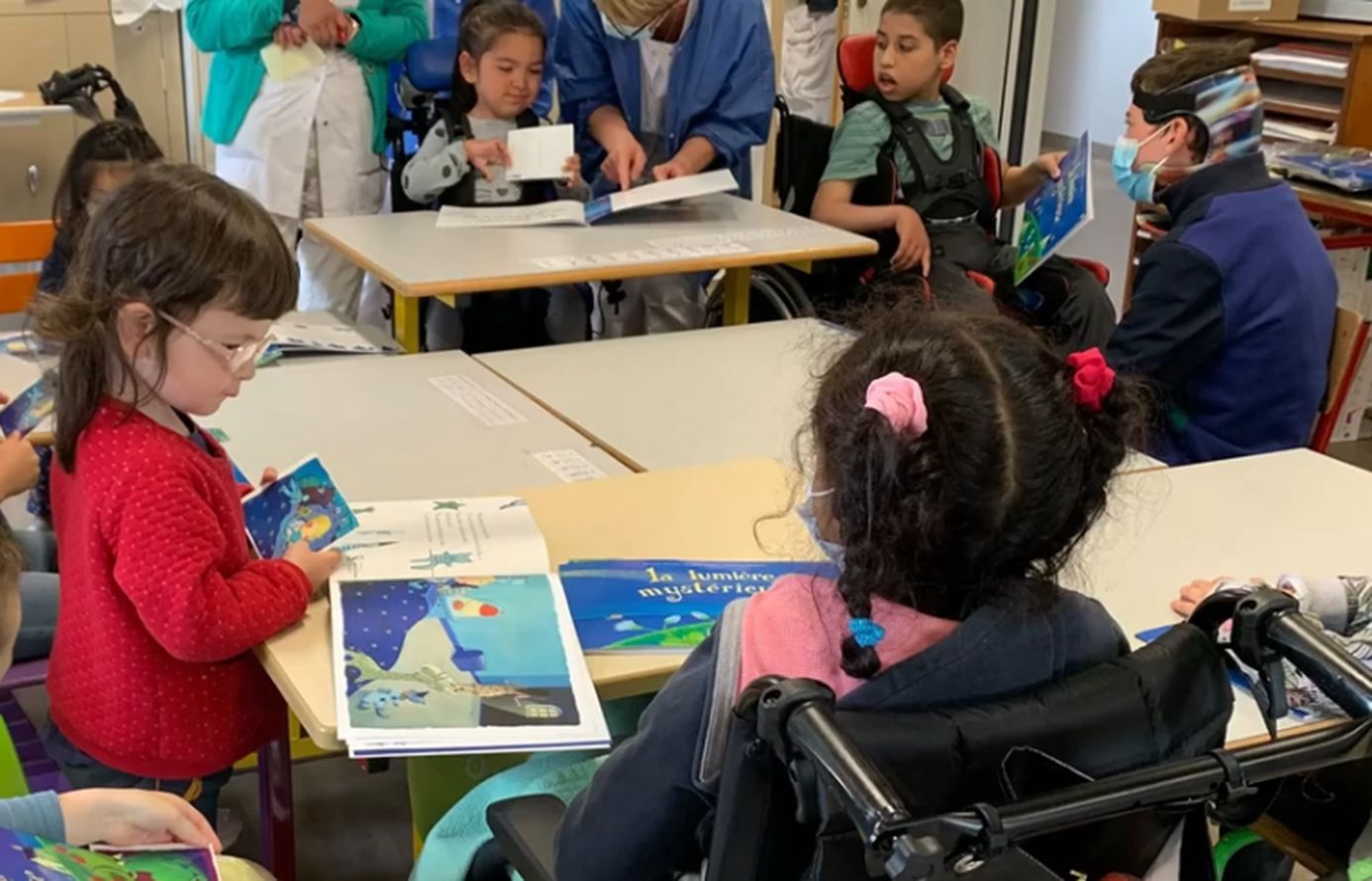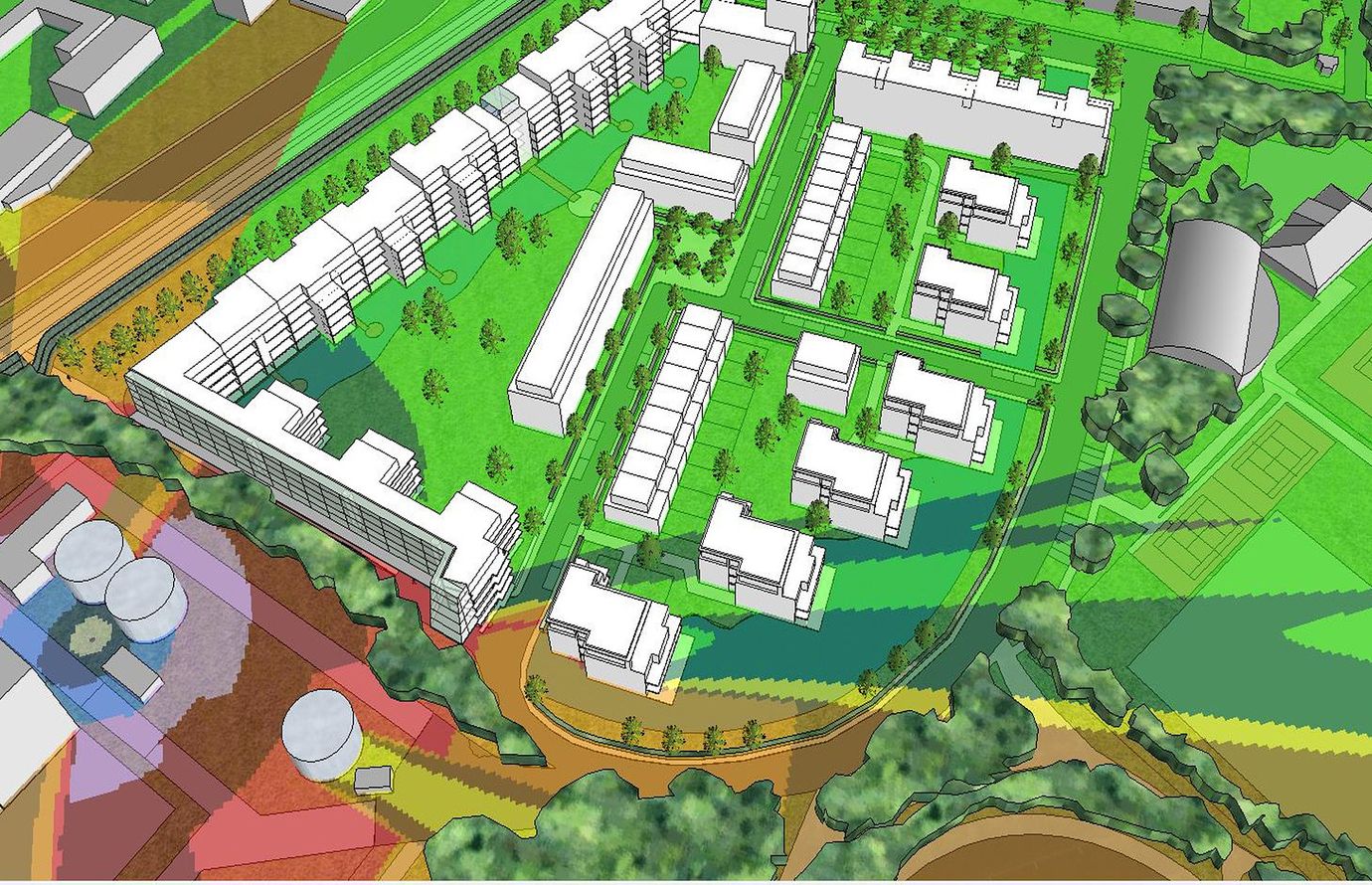Supporting companies in the midst of crisis
The RAMP-UP Seed project is one of 9 new projects to have been selected by the German-French Academy for the Industry of the Future as part of the “Resilience and Sustainability for the Industry of the Future” call for projects. It focuses on helping companies adapt their production capacities to respond to crisis situations. The project relies on two main areas of expertise to address this issue: ramp-up management and artificial intelligence (AI). Khaled Medini and Olivier Boissier, researchers at Mines Saint-Étienne,[1] a partner of the project, present the issues.
Can you describe the context for the RAMP-UP Seed project?
Khaled Medini The RAMP-UP Seed project is one of 9 new projects to have been selected by the German-French Academy for the Industry of the Future (GFA) for the call for projects on the sustainability and resiliency of companies in the industry of the future. This project is jointly conducted by Mines Saint-Étienne and TUM (Technische Universität München), and is a continuation of work carried out on diversity management, ramp-up management, and multi-agent systems at Institut Fayol related to the industry of the future.
What is the project’s goal?
KM The health crisis has highlighted the limitations of current industrial models when it comes to providing a quick response to market demands in terms of quality and quantity, and production constraints related to crisis situations. Ramp-up and ramp-down management is a key to meeting these challenges. The goal of RAMP-UP Seed is to establish a road map for developing a tool-based methodology in order to increase companies’ sustainability and resilience specifically by targeting the adaptation phase and production facilities.
How do you plan to achieve this? What are the scientific obstacles you must overcome?
Olivier Boissier The project addresses issues related to the topics of production systems and artificial intelligence. The goal is to remedy a lack of methodology guides and tools for strengthening companies’ sustainability and resilience. Two main actions will be prioritized for this purpose during the initial seed stage:
- An analysis of existing approaches and identification with industrial stakeholders of needs and use cases, which will be conducted jointly with two partners;
- Development of a proposal for a collaborative project involving Franco-German academic and industrial partners in order to respond to European calls for projects.
From an operational standpoint, work meetings and workshops are held regularly with teams from Mines Saint-Étienne and the TUM in a spirit of collaboration.
Who are the partners involved in this project and what are their respective roles?
KM We started RAMP-UP Seed in partnership with the TUM Institute of Automation and Information Systems with a focus on two main areas: ramp-up management and artificial intelligence. Expertise from the Territoire and IT’M Factory platforms from Institut Henri Fayol, and TUM platforms will be used to develop this dynamic further.
Who will benefit from the methods and tools developed by RAMP-UP Seed?
OB The purpose of the multi-agent optimization and simulation tools and industrial management tools to be developed through this project is to provide decision-making tools for exploring, testing and better managing ramp-up in the manufacturing and service sectors. Special attention will also be given to the health crisis, with a focus on the health sector.
What are the next big steps for the project?
KM RAMP-UP Seed is a seed project. In addition to analyzing current trends, one of the key goals is to develop joint responses to calls for projects in the fields of artificial intelligence and industrial management.
[1] Khaled Medini is a researcher at the Laboratory of Informatics, Modeling and Optimization of Systems (LIMOS), joint research unit UCA/Mines Saint-Étienne/CNRS 6158). Olivier Boissier is a researcher at Hubert Curien Laboratory, joint research unit CNRS 5516/Mines Saint-Étienne).
Interview by Véronique Charlet












Leave a Reply
Want to join the discussion?Feel free to contribute!